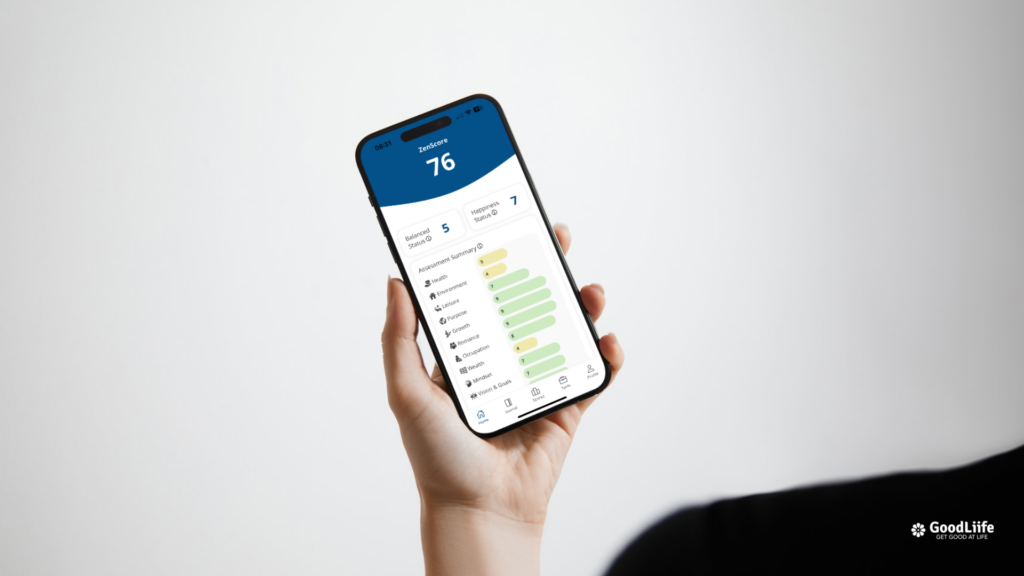Why Preparation Matters More Than Ever
Divorce is one of life’s most emotionally and mentally challenging experiences. Whether the decision was mutual or unexpected, ending a marriage reshapes your identity, disrupts routines, and forces you to reevaluate everything—from finances to future goals. But here’s the good news: preparation puts the power back in your hands. With the right mindset, resources, and emotional tools, you can move through divorce without losing yourself. In this guide, we’ll walk you through exactly how to prepare for divorce—legally, emotionally, financially, and mentally.
1. Start With Emotional Preparation
Before you file any paperwork, start within. Divorce isn’t just a legal breakup—it’s an emotional one, too. Processing the grief, anger, or relief can help you make clear-headed decisions during the divorce process.
Steps to support your emotional well-being:
- Acknowledge your feelings: It’s okay to feel everything—grief, guilt, sadness, fear, even hope.
- Seek support early: Work with a therapist, coach, or counselor who specializes in divorce recovery.
- Join a community: Support groups (online or in-person) can provide solidarity and perspective.
- Practice self-care: Prioritize rest, nutrition, movement, and time for yourself, even in small doses.
Tip: Journal your thoughts during this time. It helps you untangle emotions from facts and improves clarity.
2. Know Your Legal Rights and Options
Understanding the legal landscape empowers you to make informed choices and avoid costly mistakes.
How to prepare for divorce legally:
- Consult a divorce attorney (even if it’s just for an initial session)
- Explore your options: Traditional litigation, mediation, or collaborative divorce
- Know your rights regarding custody, property division, and spousal support
- Gather documentation: Bank statements, tax returns, debt records, property titles, etc.
Tip: Keep copies of important legal documents in a secure but accessible place—digital backups help.
3. Financial Preparation: Get Clear and Honest
Divorce has major financial implications, and getting a clear picture of your money can prevent future struggles.
Your financial prep checklist:
- List all assets, debts, accounts, and income sources
- Open individual checking and savings accounts if needed
- Build a personal budget that reflects life post-divorce
- Understand how joint debts, loans, or mortgages will be handled
Tip: Consult with a financial advisor who specializes in divorce planning to ensure you’re protected and set up for success.

4. Plan for the Children—With Empathy and Structure
If you’re a parent, your children’s emotional health and stability are top priorities. Divorce can be traumatic—but with thoughtful communication, kids can thrive through the change.
Consider:
- Developing a co-parenting plan with routines and responsibilities
- Reassuring your kids that they are not to blame
- Keeping open communication tailored to their age and understanding
- Working with a child therapist if needed
Tip: Present a united front when talking to your kids about the divorce. Avoid using them as messengers or emotional support.
5. Rebuild Your Identity and Future Vision
Divorce often leads to an identity crisis—but also a personal rebirth. Who are you outside the marriage? What life do you want to build now?
Reflect on:
- Your passions, hobbies, and values
- Goals you may have put on hold
- New boundaries you want to set
- Areas for personal growth and healing
Tip: This is a powerful time to set life goals across all areas—health, career, relationships, and more.
6. Create Your Support Circle
Divorce doesn’t have to be faced alone. The more supported you are, the more confident and resilient you’ll feel.
Build your support system with:
- A trusted therapist or coach
- Friends who listen without judgment
- Family members who offer stability
- Online forums or communities for divorce recovery
Tip: Be mindful of people who push their agenda or vent their own trauma. Choose support that helps you rise.
7. Use Tools That Keep You Balanced
One of the best ways to stay grounded during divorce is to track your life balance. That’s where the GoodLiife Score comes in.

The GoodLiife Score helps you assess and improve 8 core areas of life:
- Health
- Environment
- Leisure
- Purpose
- Growth
- Relationships
- Occupation
- Wealth
During and after a divorce, you may feel out of balance. Using this score as your personal check-in system gives you insight into where you’re thriving—and where you need more care. It’s like having a self-awareness coach in your pocket. Learn more at www.goodliife.com
Conclusion: Divorce Is a Chapter, Not Your Final Story
Divorce may be an ending, but it can also be a powerful new beginning. With intentional preparation—emotionally, legally, financially, and personally—you can transition through this chapter with grace and resilience.
Remember: You are not just surviving divorce. You are rebuilding yourself—with strength, clarity, and purpose.

Leave a Reply